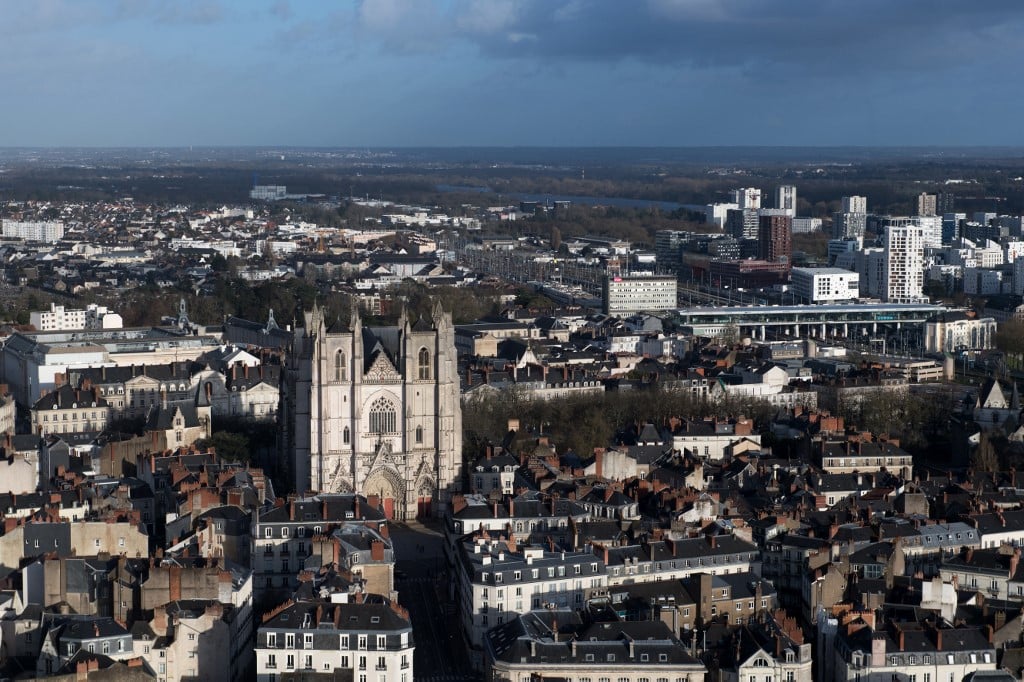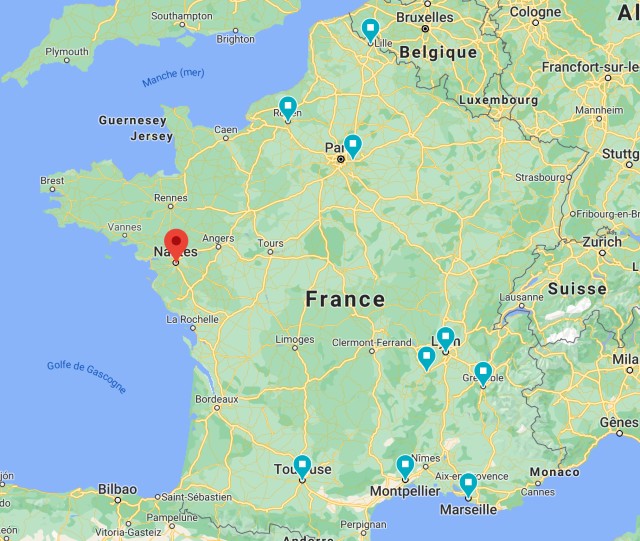She may not dance in the traditional style of a Breton woman, but Beyoncé does in indeed have Celtic roots, according to the French genealogical association “Racines et Rameaux" (Roots and Branches).
The world-famous star, who is one of the most successful US artists of all time, has her origins in the tiny island of Belle-Ile-en-Mer off the coast of the region of Brittany in the west of France.
According to the association, the former Destiny’s Child singer’s great-great-great-great grandmother was Marie-Francoise Trahan, a member of a family who fled Acadia, a French colony in present-day Canada, and settled in the Morbihan region of Brittany in the late 18th century.
Around a decade later Trahan is believed to have sailed from the west coast of France to the US state of Louisiana, where she then met her husband Joseph Broussard.
The great granddaughter of the couple was Celestine Anne, who is none other than Beyoncé’s mother.
André Thomas, a local geneaologist who can also trace his ancestry back to Marie-Françoise Trahan, seemed non-plussed by being distantly related to Beyoncé.
"I don't know her at all. Never heard her music. I don't really listen to music," he told The Local on Monday.
"Besides, we're used to finding famous people with Acadian roots – like Céline Dion, for example," added the resident of Belle-Ile-en-Mer, the largest of the islands off the coast of Brittany, situated some 14 km from the Quiberon Peninsular..
Speaking to local paper Le Télégramme, however, Thomas did note that his grandchildren were "amazed when I told them they were cousins of Beyoncé."
Can you see the likeness? Like Beyoncé, André Thomas (R) can trace his ancestry back to Marie-Françoise Trahan.
Of his long-lost relative, he told The Local: "I don't know her. Never heard her music." Photo: Instagram/André Thomas
Born and raised in Houston, Texas, Beyoncé is most famous for her two chart-topping tracks Single Ladies and Crazy in Love.
According to France’s TF1 TV, the discovery of her Breton roots was made by Jacques Nerrou the president of Racines et Rameaux, which specialises in researching the pioneers who left to settle in America before the 19th century.
Can you see any sign of Beyoncé's Breton roots? Compare and contrast these two videos.
Don't want to miss a story about France? – Then join The Local France on Facebook and Twitter.




 Please whitelist us to continue reading.
Please whitelist us to continue reading.
Member comments